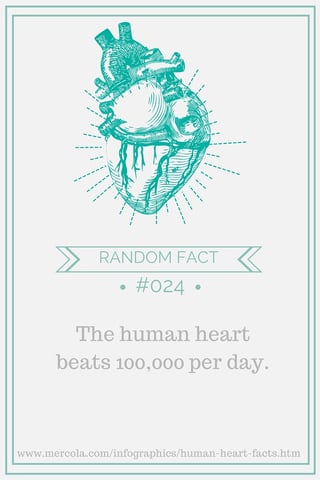While the name sounds unnerving, congestive heart failure (CHF) does not mean the heart has stopped working, but rather the heart’s ability to pump has declined.  Similar to how your sinuses become congested due to a cold or allergies, the body can become congested with blood and fluid when the heart isn’t pumping correctly. CHF, also known as heart failure, falls under the umbrella of heart disease. Other forms of heart disease, such as coronary heart disease, hypertension and cardiomyopathy, can cause CHF. In addition, thyroid diseases, diabetes, HIV, and an excessive accumulation of iron and protein can contribute to CHF.
Similar to how your sinuses become congested due to a cold or allergies, the body can become congested with blood and fluid when the heart isn’t pumping correctly. CHF, also known as heart failure, falls under the umbrella of heart disease. Other forms of heart disease, such as coronary heart disease, hypertension and cardiomyopathy, can cause CHF. In addition, thyroid diseases, diabetes, HIV, and an excessive accumulation of iron and protein can contribute to CHF.
There are about 6 million Americans living with heart failure, according to the American Heart Association. Fortunately, heart failure can be managed through medications, exercise and diet. For example, your doctor may prescribe an angiotensin converting enzyme (ACE) inhibitor (which lowers blood pressure and decreases the heart’s workload), moderate aerobics and a decrease in salt intake.
How long one can live with CHF depends on a variety of factors unique to each person. It’s important to work closely with your physician to control your CHF. Mayo Clinic also suggests these self-management steps
- Keep track of the medications you take. Make a list and give it to any new doctors treating you, whether in the office or emergency room. You may want to make laminated copies that can fit in a purse or wallet.
- Watch out for supplements. Some dietary supplements may interfere with your heart medications or exacerbate your condition. Speak with your doctor about any supplements you are taking currently or want to try.
- Keep a record of your weight and bring it to doctor appointments. Increased weight can signal a buildup of fluids. Your doctor may prescribe diuretics to expel water-weight.
- Track your blood pressure results. Consider purchasing a home blood pressure cuff to monitor your blood pressure between doctor appointments and show your physician the results.
Clear communication with your doctor can help you make life more comfortable. To learn more about heart health, read our article here.
![Duel-Logo-CFC-AYS[rgb]](https://blog.comforcare.com/hs-fs/hubfs/Duel-Logo-CFC-AYS%5Brgb%5D.jpg?width=525&name=Duel-Logo-CFC-AYS%5Brgb%5D.jpg)